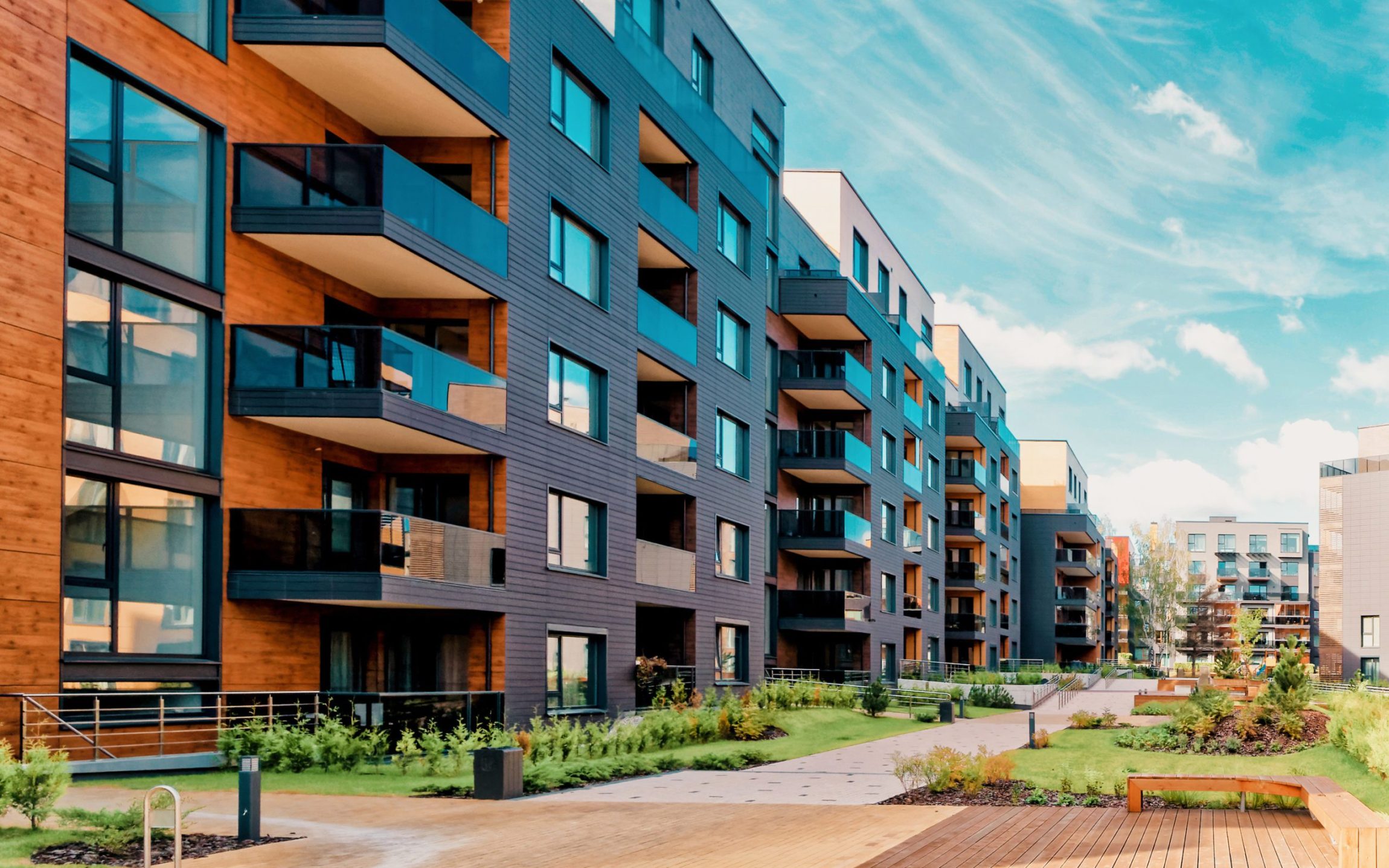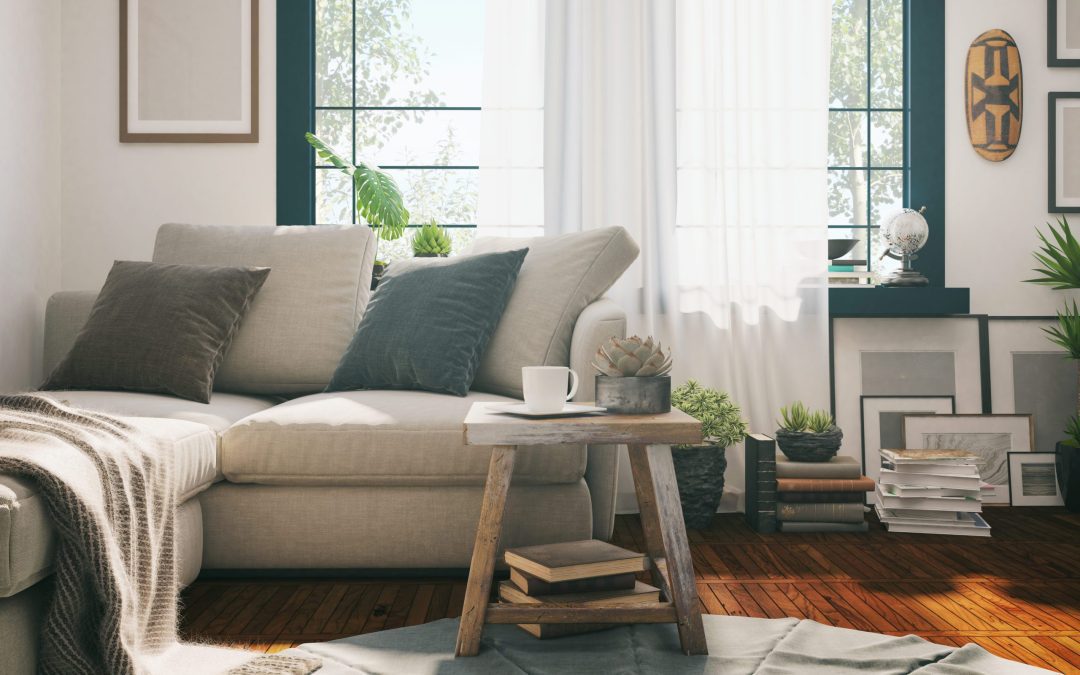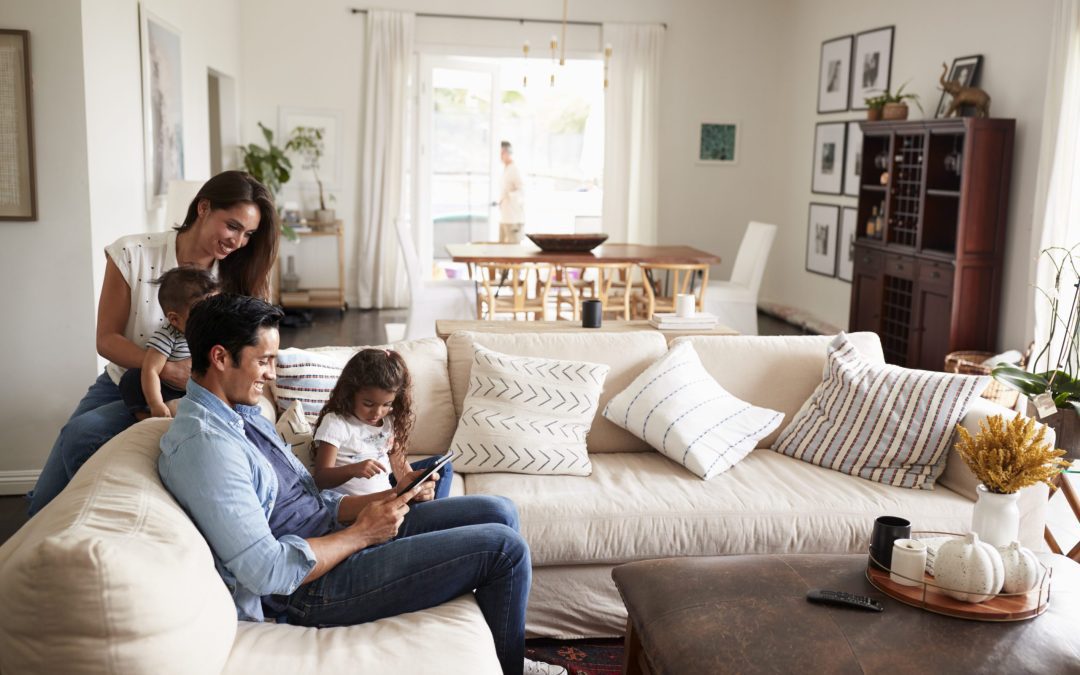If you are looking at a step up from the traditional Buy to Let where the property is let on a single, standard assured short-term tenancy then you may wish to look at Homes of Multiple Occupancy (HMO’s) and Multi-Unit Blocks.
So what is the difference?
Houses of Multiple Occupancy (HMO)
An HMO is a property that is let on a room-by-room basis and therefore has different occupants who will not tend to be from the same family unit. The property makeup is specific in that most (if not all of the rooms) will have their own en-suites and there will then be ‘shared’ living areas for cooking, eating, and potentially reception rooms.
HMO licenses and local authorities
This type of property, dependent on the number of rooms, will likely require a specific HMO license granted by the local authority in which the property is located which confirms certain regulations have been met regarding the property. Therefore there are more hoops to jump through for the owner to be able to obtain this license. It is therefore recommended to understand the licensing requirements of the local authority as part of the initial research into purchasing this type of property.
Maintaining or converting into an HMO
It may be that the property you are purchasing is already set up as an HMO, and has an existing license (but this may expire with the current owner), and therefore you can purchase the property as-is and approach the local authority to discuss the licensing arrangement should you purchase it. Or, it may be that you have identified a property that can then be converted to an HMO with some internal works to add the necessary elements to convert to an HMO. Again, in this instance, it would be worth approaching the local authority to discuss the property and your plans prior to purchasing the property.
The general benefit of an HMO is that they can attract a higher rental yield in that each room is let individually and therefore the overall rent for the property can be higher than letting it as one property to a family for example.
Valuing an HMO
Due to the commercial nature of these properties, if the HMO has 7 bedrooms or more, you can potentially have the property value on a commercial basis meaning a higher value than the bricks & mortar value. You will need to get advice from a mortgage advisor to ensure this is possible as it is dependent on the property, location, occupancy, consent of use, etc.
Additional requirements for an HMO
Given that this property is not your ‘standard’ buy to let there are fewer mainstream lenders that will agree to a mortgage against the property, and the available lenders will normally add in additional requirements such as the landlord having previous experience in either letting properties out to be considered an ‘experienced’ landlord, to how many rooms they will allow the property to have, etc. so it will be important to review the available mortgage options with a specialist mortgage advisor so as not to waste time and effort in purchasing one only to then find out that you or the property are ineligible for a mortgage.
Multi-Unit Blocks
These types of property are effectively small or medium-size blocks of flats or apartments that are bought to let out completely. The purchaser purchases the entire block as one and owns the freehold to then let each of the flats/apartments separately.
Eligibility for multi-unit blocks
As with the HMO properties, it will be important to find out if you are eligible to obtain a mortgage on this type of property and also get a steer from a local broker as to what you should be looking for in the property when it comes to obtaining the mortgage i.e. location, size of flats, types of flats (studio or number of bedrooms), next to, above or part of a commercial unit, number of units in the block, prior/current landlord experience, deposit availability, etc.
Valuation and deposits
Again, with these types of property the landlord will be looking to obtain a greater rental yield given that they will purchase the freehold of the block, therefore a discount for bulk buying, some lenders automatically reduce the valuation by 5-15% to ensure it is purchased at a discount price which can then increase your deposit required.
Meeting mortgage lender requirements
The property will come with some additional questions for the purchaser, namely the maintenance of the external structure, having to set up a service charge provision, the potential to have to set up a separate management company to look after the block (dependent on the number of units/size of the block), consider the position if all the units are not let fully as most lenders would want at least 80% occupancy on completion of the purchase and demand for resale in the future.
Discussing your mortgage options
Like with the HMO, it is important to discuss in detail with an experienced mortgage broker in this field at the outset to discuss your plans, get an idea of the mortgages that may be available, consider the financials of the property/properties that you may be considering to ensure that everything fits with your expectations and to then pursue any properties once these areas have been quantified and qualified as best as possible.
It may also be the case that, dependent on the size of the block/what other investment properties that you may own in the background that a commercial mortgage broker may be the best person to speak to. We also operate a commercial mortgage broking service and will gladly advise you of the best route for your individual circumstances.
Some Buy to Let mortgages are not regulated by the Financial Conduct Authority. Commercial loans are not regulated by the Financial Conduct Authority.




